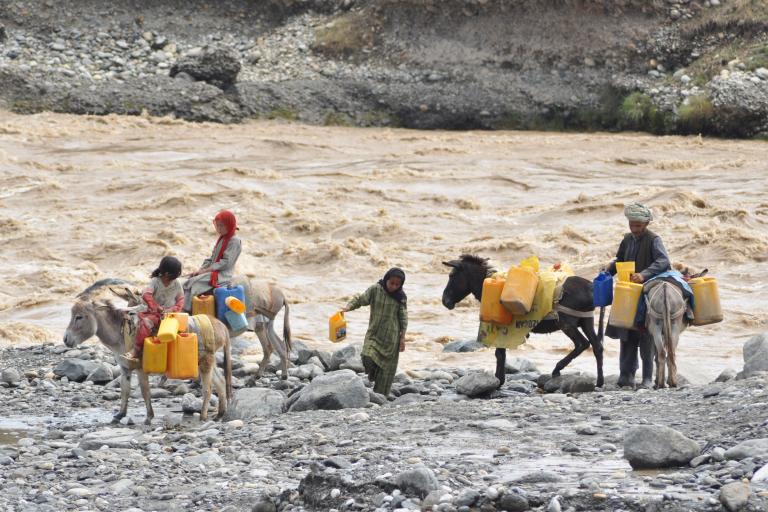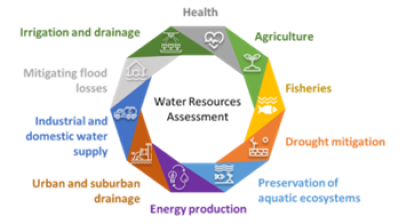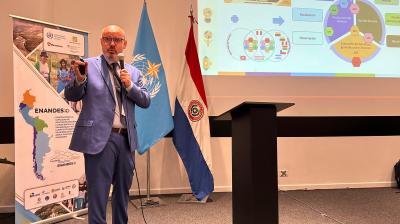WMO calls for better monitoring of increasingly erratic water cycle

Droughts and extreme rainfall events are wreaking a heavy toll on lives and economies. Melting snow, ice and glaciers have increased hazards like floods and threaten long-term water security for many millions of people.
And yet, far too little is known about the true state of the world’s freshwater resources. We cannot manage what we do not measure, says the WMO State of Global Water Resources 2022 report, calling for a fundamental policy shift.
There must be improved monitoring, data-sharing, cross-border collaboration and assessments of water resources – and an accompanying increase in investments to facilitate this. This is vital to help society cope with increasing water extremes of too much or too little, it says.
The WMO State of Global Water Resources Report 2022 builds on a pilot issued last year. It contains more expanded information on important hydrological variables like groundwater, evaporation, streamflow, terrestrial water storage, soil moisture, cryosphere (frozen water), inflows to reservoirs, and hydrological disasters. It integrates field observations, satellite-based remote sensing data and numerical modelling simulations to assess water resources at the global scale.
“This WMO report offers a comprehensive, and consistent overview of water resources worldwide, highlighting the influence of climate, environmental, and societal changes,” says WMO Secretary-General Prof. Petteri Taalas.
“Glaciers and ice cover are retreating before our eyes. Rising temperatures have accelerated – and also disrupted – the water cycle. A warmer atmosphere holds more moisture. We are seeing much heavier precipitation episodes and flooding. And at the opposite extreme, more evaporation, dry soils and more intense droughts,” he says.
“The overwhelming majority of disasters are water-related and so water management and monitoring lies at the heart of the global Early Warnings For All initiative. Many of the countries targeted for priority action in Early Warnings for All suffered from major floods or droughts in 2022. Not a single country had timely and accurate hydrological data available to support evidence-based decision making and early action,” says Prof Taalas.
“This report is a call to action for more data sharing to enable meaningful early warnings and for more coordinated and integrated water management policies that are an integral part of climate action,” he says.
The report combines input from dozens of experts and complements WMO’s flagship State of the Global Climate report in order to provide integrated and holistic information for policy makers.
Currently, 3.6 billion people face inadequate access to water at least a month per year and this is expected to increase to more than 5 billion by 2050, according to UN Water.









